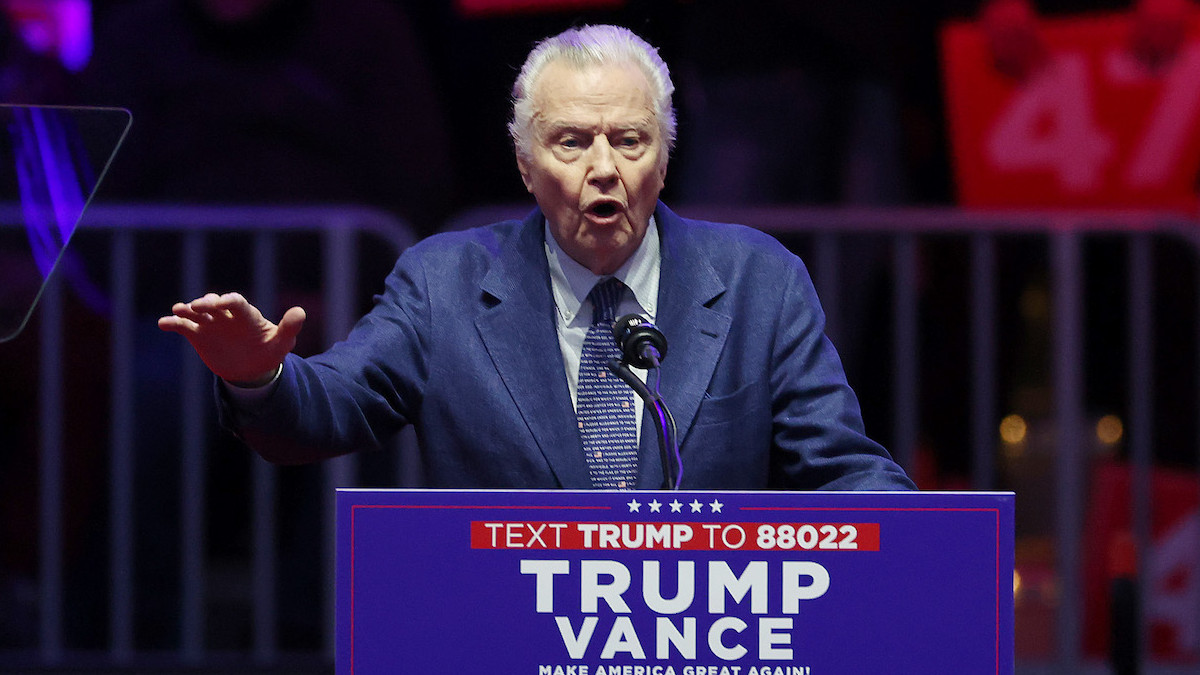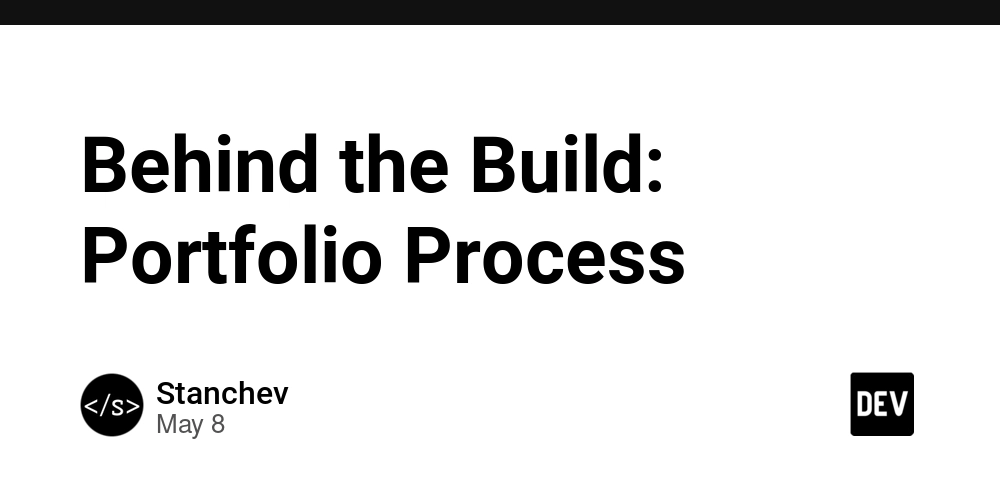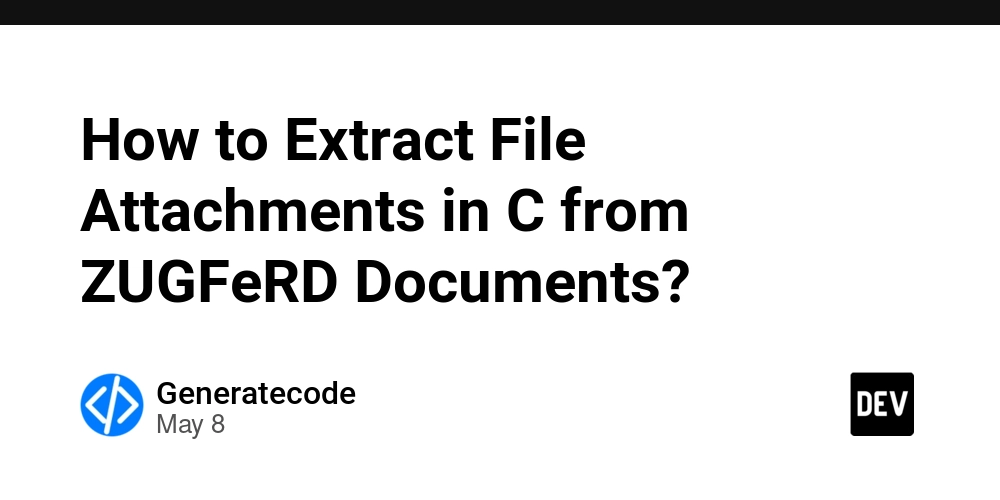Read the Top Policy Plans in Jon Voight’s Proposal to Trump to ‘Make Hollywood Great Again’
The plan suggests a carrot-and-stick approach, mixing tax incentives, tariffs and co-production treaties to encourage U.S. film production The post Read the Top Policy Plans in Jon Voight’s Proposal to Trump to ‘Make Hollywood Great Again’ appeared first on TheWrap.

Jon Voight’s proposal to “Make Hollywood Great Again” sent to President Donald Trump on Tuesday offers a mix of tax incentives, tariffs, co-productions and a proposal to bring back the famed Fin-Syn arrangement of the 1990s.
Here are the topline proposals in the five-page plan:
Federal Tax Incentives:
- 10% baseline federal tax credit for all U.S.-based productions, in addition to any state credits.
- 20% federal credit for productions in states with no state-level incentives.
- 5–10% bonus for productions filmed in economically depressed “enterprise zones.”
- Projects must pass an “American cultural test” (modeled after the UK’s system) to qualify for incentives.
Tariffs on Foreign Productions:
- Proposes a 120% tariff on the value of any foreign tax incentive received for productions that could have been made in the U.S.
- Exemptions proposed for productions primarily based in the U.S. but requiring some foreign shooting, under production treaties.
Regulatory Proposals Targeting Streaming Platforms:
- Reinstates the Financial Interest and Syndication Rule, abolished in 1993, which once prevented networks from owning the content they aired.
- Requires streamers to pay producers a premium (25–40% of production cost), scaled by the length of exclusivity for the content.
The actor-ambassador and president met about the plan, designed to reverse the ongoing exodus of film and television production from the United States to other countries, over the weekend.
The proposal suggests that if a production “could have been produced in the U.S., but the producer elects to produce in a foreign country and receives a production tax incentive therefore, a tariff will be placed on that production equal to 120% of the value of the foreign incentive received.”
The tariff portion of this proposal is somewhat similar to the one floated by Trump on Truth Social on Sunday, calling for “a 100% Tariff on any and all Movies coming into our Country that are produced in Foreign Lands.”
In the proposal, Voight and his team write that the proposed tariffs are “not meant as a penalty, but are a necessary step to ‘level the playing field’ while not creating a never-ending-cycle of chasing the highest incentive.” The proposal also calls on applying productions to meet a minimum requirement for an “American cultural test,” similar to the one required for British film productions to qualify for tax incentives exclusive to U.K. projects.
Voight and his team also suggest certain exemptions from tariffs for films “significantly produced in the U.S. but require work in foreign countries” via production treaties that would allow producers to take advantage of tax incentives for applicable spending in each country.
Perhaps the proposal from Voight that would get the most pushback from Netflix and other streamers is the one to restore the Financial Interest and Syndication Rule, which prohibited networks from owning the shows that they aired from 1970 to 1993.
Voight proposes new rules that would combat “draconian licensing terms,” including requiring streamers to pay producers a premium “equal to the percentage of the total cost of production,” with that percentage ranging from 25-40% depending on the length of the streamer’s exclusivity deal to stream the project.
Voight, who was named a “special ambassador to Hollywood” by Trump shortly after his return to the White House, has been meeting with unions and industry stakeholders alongside his producing partner, Steven Paul, prior to his visit to Trump this past weekend.
But Trump has said nothing about Voight’s proposal beyond the tariffs, which have become the core of his economic policy and have created global financial and trade instability.
While the Motion Picture Association and its member studios chose not to comment in response to Trump’s film tariff plans, several California politicians, including Gov. Gavin Newsom, Sen. Adam Schiff, and Burbank Congresswoman Laura Friedman, called on Washington to support a federal tax incentive.
Newsom, who has sparred with Trump on various other issues and is currently supporting a dramatic increase and expansion to California’s tax incentive program, went as far as to call on Trump and Congress to establish a $7.5 billion film and TV national tax incentive program.
A copy of the proposal was published by Deadline.
The post Read the Top Policy Plans in Jon Voight’s Proposal to Trump to ‘Make Hollywood Great Again’ appeared first on TheWrap.












































































